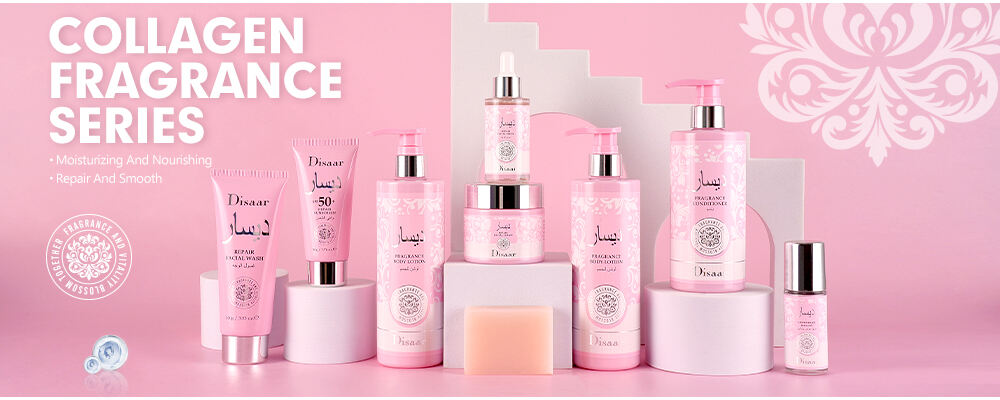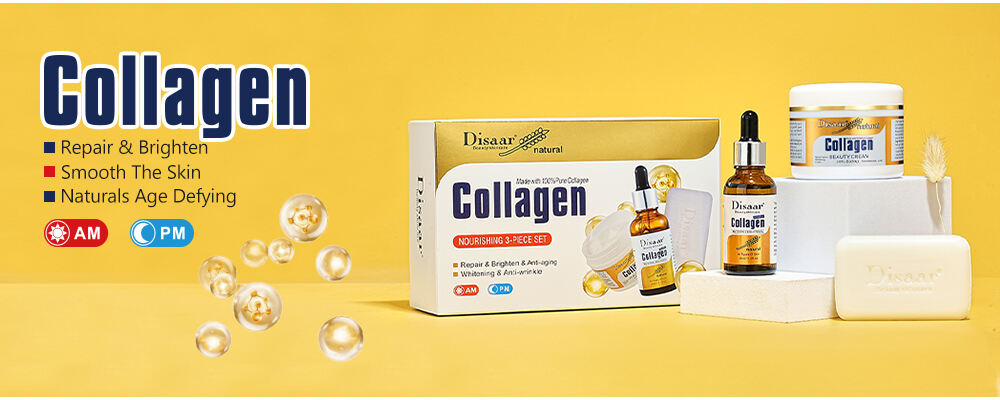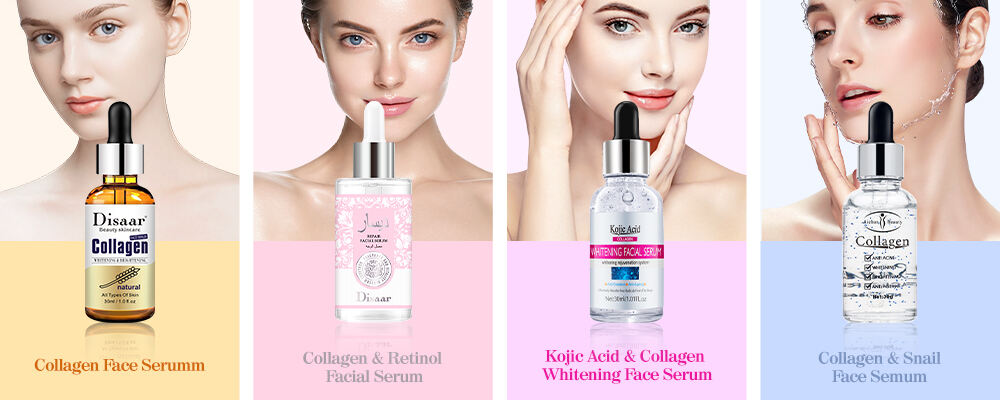Sun exposure, especially when prolonged or repeated, can cause visible and invisible harm to the skin. From pigmentation issues to collagen breakdown, UV damage has far-reaching consequences. To address these challenges, many turn to targeted treatments like a collagen-boosting serum. These formulations promise not just hydration or superficial repair but a deeper regeneration of skin structure and resilience. With skincare technology rapidly advancing, the science behind collagen restoration has become more precise and effective.

Ultraviolet (UV) radiation from the sun is one of the most significant contributors to premature skin aging. Prolonged exposure to UV rays initiates a chain reaction of cellular damage, beginning with the disruption of DNA in skin cells. This disruption not only impairs the natural repair mechanisms of the skin but also accelerates the breakdown of essential structural proteins, particularly collagen. Over time, the skin's ability to regenerate collagen diminishes, leading to a visible loss of elasticity, the formation of wrinkles, and sagging across different facial zones. The most profound collagen deterioration occurs within the dermal layer—the skin’s supportive middle layer—where UV-induced damage compromises its structural matrix. This weakening of the internal scaffolding reduces the skin’s firmness and contributes to an overall aged, fatigued appearance, making it harder for the skin to bounce back from environmental stress.
Sun exposure triggers inflammation and oxidative stress. Free radicals generated by UV rays can destroy collagen and elastin fibers. Inflammation further impairs the skin’s ability to repair itself, accelerating the aging process. This is why antioxidant-rich treatments, including collagen-boosting serum, play a key role in modern skincare strategies.

The most effective collagen-boosting serum formulations combine science-backed ingredients such as peptides, retinoids, and vitamin C to deliver visible and lasting results. Peptides serve as essential signaling molecules that communicate with skin cells to initiate and sustain collagen production. They mimic the body’s natural processes, encouraging fibroblasts to increase collagen output and improve skin elasticity. Retinoids, derived from vitamin A, accelerate cellular turnover, shedding damaged outer layers of skin and revealing fresher, more youthful layers underneath. This rapid renewal process enhances the skin’s receptivity to collagen synthesis. Vitamin C plays a dual role in both defense and repair: as a powerful antioxidant, it shields the skin from oxidative stress caused by free radicals, and as a critical co-factor in collagen production, it promotes the enzymatic activity necessary for stabilizing and cross-linking new collagen fibers. Together, these ingredients form a synergistic blend that helps restore firmness, reduce fine lines, and improve skin texture over time.
Advanced delivery technologies such as encapsulation and nanotechnology have revolutionized the effectiveness of collagen-boosting serums by ensuring that active ingredients penetrate beyond the superficial layers of the skin. Encapsulation involves enclosing delicate compounds within microscopic carriers, protecting them from degradation and allowing for a controlled, sustained release. Nanotechnology, on the other hand, uses ultra-small particles to transport ingredients deep into the dermis, where collagen synthesis primarily occurs. This targeted delivery not only maximizes the bioavailability of key components like peptides, retinoids, and vitamin C but also enhances their interaction with skin cells. As a result, the serum moves beyond merely coating the skin’s surface—it actively participates in cellular repair, stimulating fibroblast activity and promoting skin rejuvenation from within. These innovations ensure that collagen-boosting serums achieve more profound and long-lasting improvements in skin texture, elasticity, and overall health.

Fibroblasts are the skin cells responsible for producing collagen. Collagen-boosting serum helps activate these cells by supplying the necessary nutrients and stimuli. As fibroblast activity increases, so does the production of collagen, leading to thicker, firmer, and more youthful skin.
Apart from structural regeneration, collagen-boosting serum can also improve the appearance of fine lines, uneven skin tone, and dryness caused by sun exposure. By restoring hydration and promoting cell turnover, these serums help create a more even and radiant skin texture.
To prevent further damage, collagen-boosting serum should always be paired with a broad-spectrum sunscreen. While the serum repairs existing issues, sunscreen protects against future degradation of collagen. The combined regimen ensures both correction and prevention.
For optimal results, use collagen-boosting serum before applying moisturizers or other serums. This allows the active ingredients to penetrate efficiently. Hyaluronic acid serums can complement the collagen-boosting effects by maintaining skin hydration and elasticity.
Individuals with sensitive skin should look for collagen-boosting serum products free from fragrances, alcohol, and harsh preservatives. Products with soothing ingredients like niacinamide and aloe vera can provide added comfort while delivering benefits.
Mature skin that has experienced years of sun exposure can greatly benefit from a more concentrated collagen-boosting serum. Look for products with higher concentrations of peptides and antioxidants to address deep wrinkles and age spots more effectively.
Results from collagen-boosting serum vary depending on the extent of sun damage and the product used. Most users begin to notice improved hydration and smoother skin within two to four weeks. Deeper results, like reduced wrinkles and firmer texture, typically take six to twelve weeks of consistent use.
While no product can permanently reverse aging, a collagen-boosting serum can significantly slow its progress and improve overall skin quality. Long-term users often report more radiant skin, better texture, and a visibly healthier complexion.
Choose a collagen-boosting serum from a brand that provides clear ingredient lists and supports their products with clinical testing. Transparency ensures that you’re using a formulation designed for effectiveness and safety.
Opt for brands that invest in research and skincare innovation. A collagen-boosting serum developed through cutting-edge biotechnology or dermatological research is more likely to offer long-term benefits and user satisfaction.
Collagen-boosting serums can be used both in the morning and at night. Morning use should always be followed by sunscreen, while nighttime application allows for deeper repair during the skin’s natural regeneration cycle.
Yes, collagen-boosting serum can be layered with other anti-aging products. However, it’s essential to monitor your skin’s response and avoid combining too many active ingredients that may cause irritation.
Most collagen-boosting serums are formulated to be safe for all skin types. Still, those with sensitive or acne-prone skin should perform a patch test and choose formulations that are non-comedogenic and gentle.
Signs that your collagen-boosting serum is effective include smoother skin texture, improved hydration, and a reduction in fine lines. Consistent use over several weeks is necessary for measurable improvements.